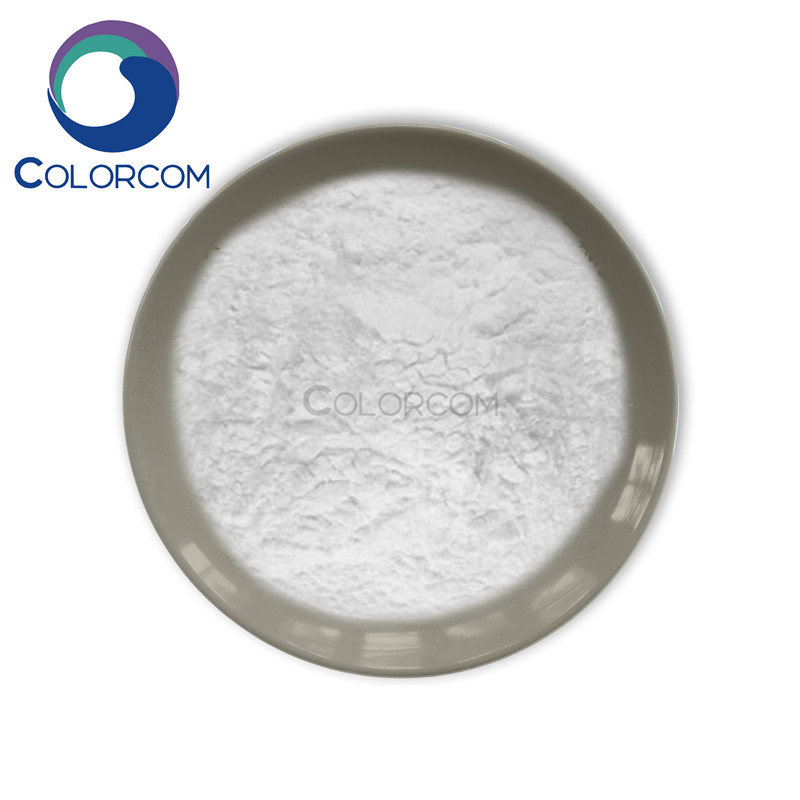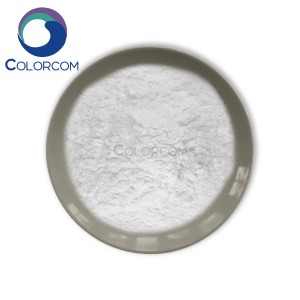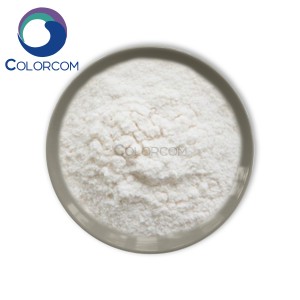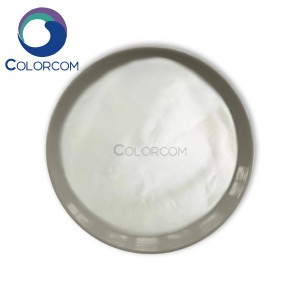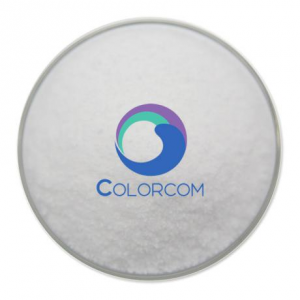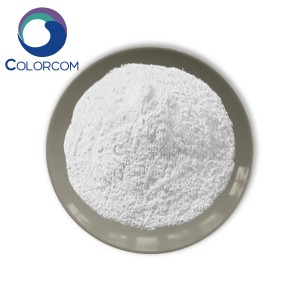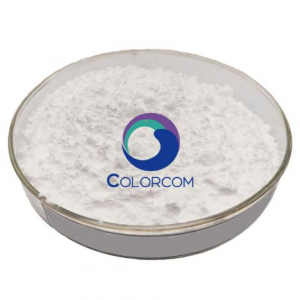L-Tyrosine | 60-18-4
Products Description
Tyrosine (abbreviated as Tyr or Y)or 4-hydroxyphenylalanine, is one of the 22 amino acids that are used by cells to synthesize proteins. Its codonsare UAC and UAU. It is a non-essential amino acid with a polar side group. The word "tyrosine" is from the Greek tyros, meaning cheese, as it wasfirst discovered in 1846 by German chemist Justus von Liebig in the proteincasein from cheese. It is called tyrosyl when referred to as a functional groupor side chain.yrosine is a precursor to neurotransmitters and increases plasmaneurotransmitter levels (particularly DOPAM and norepinephrine) but haslittle if any effect on mood. The effect on mood is more noticeable in humans subjected to stressful conditions.
Aside from being a proteinogenic aminoacid, tyrosine has a special role by virtue of the phenol functionality. Itoccurs in proteins that are part of signal transduction processes. It functionsas a receiver of phosphate groups that are transferred by way of proteinkinases (so-called receptor tyrosine kinases). Phosphorylation of the hydroxylgroup changes the activity of the target protein.
A tyrosine residue also plays an important role in photosynthesis. In chloroplasts (photosystem II), it acts as anelectron donor in the reduction of oxidized chlorophyll. In this process, it undergoes deprotonation of its phenolic OH-group. This radical is subsequentlyreduced in the photosystem II by the four core manganese clusters.
A number of studies have found tyrosine tobe useful during conditions of stress, cold, fatigue, loss of a loved one suchas in death or divorce, prolonged work and sleep deprivation, with reductionsin stress hormone levels, reductions in stress-induced weight loss seen in animal trials, improvements in cognitive and physical performance seen in humantrials; however, because tyrosine hydroxylase is the rate-limiting enzyme,effects are less significant than those of L-DOPA.
Tyrosine does not seem to have any significant effect on mood, cognitive or physical performance in normal circumstances. A daily dosage for a clinical test supported in the literature is about 100 mg/kg for an adult, which amounts to about 6.8 grams at150 lbs. The usualdosage amounts to 500–1500 mg per day (dose suggested by most manufacturers;usually an equivalent to 1–3 capsules of pure tyrosine). It is not recommended to exceed 12000 mg (12 g)per day.
Specification
| Items | Standard | Test results |
| Specific Rotation[a]ᴅ²⁰ | -9.8°to-11.2° | -10.4° |
| Chloride(CI) | Not more than 0.05% | <0.05% |
| Sulphate(SO₄) | Not more than 0.04% | <0.04% |
| Iron(Fe) | Not more than 0.003% | <0.003% |
| Heavy metals | Not more than 0.00015% | <0.00015% |
| Loss on drying | Not more than 0.3% | <0.3% |
| Residue on Ignition | Not more than 0.4% | <0.4% |
| Assay | 98.5%-101.5% | 99.3% |
| Conclusion | Conform with USP32 standard | |


